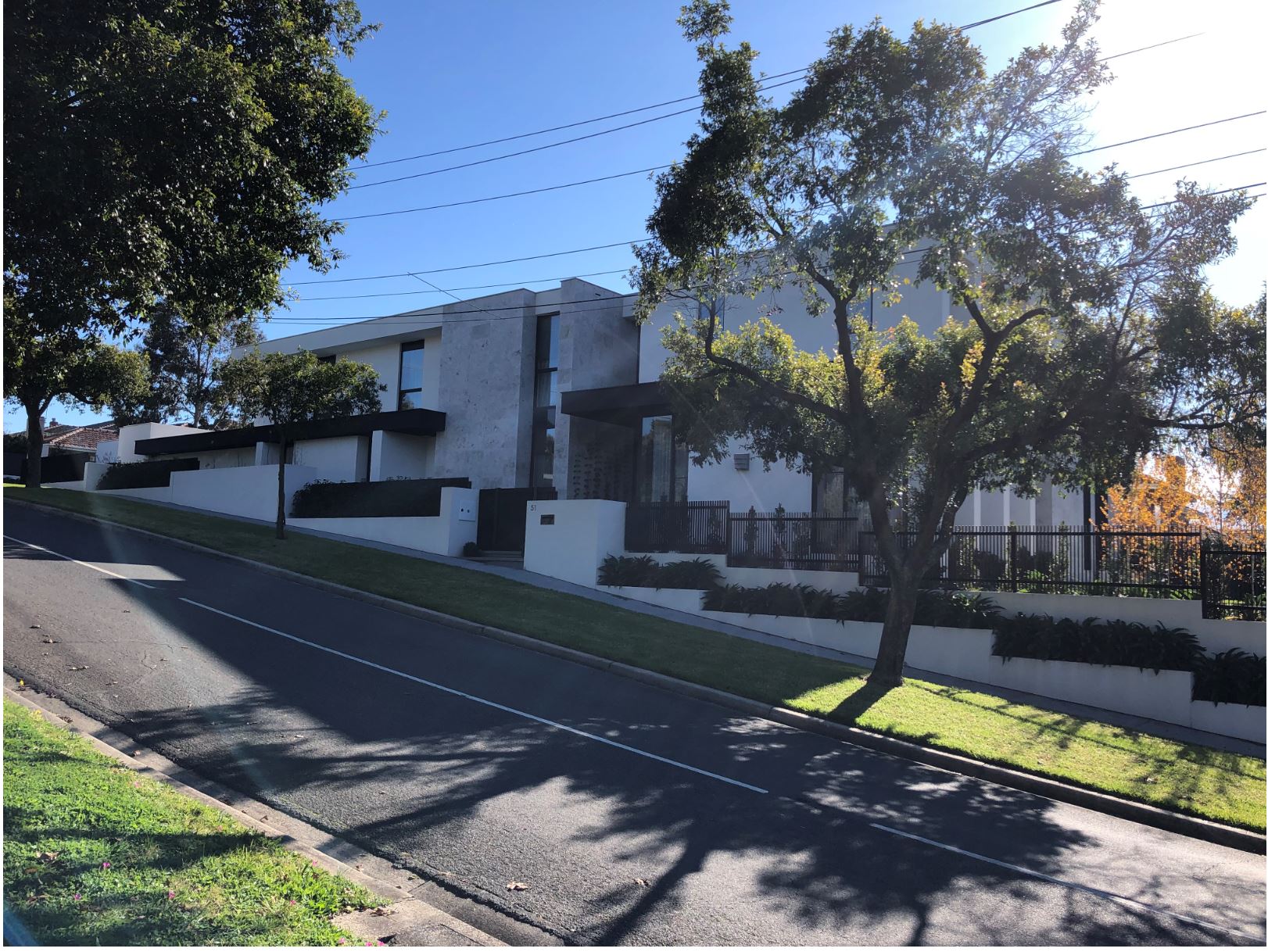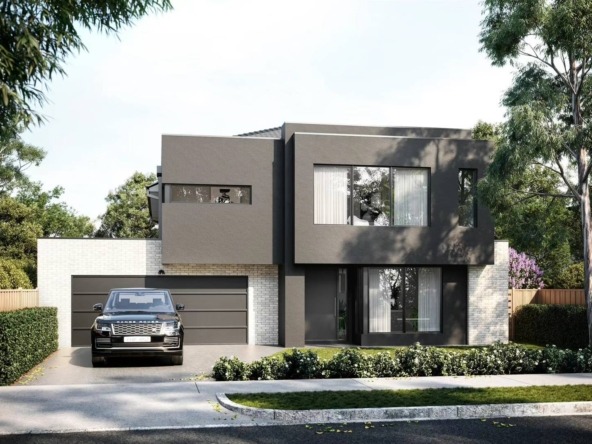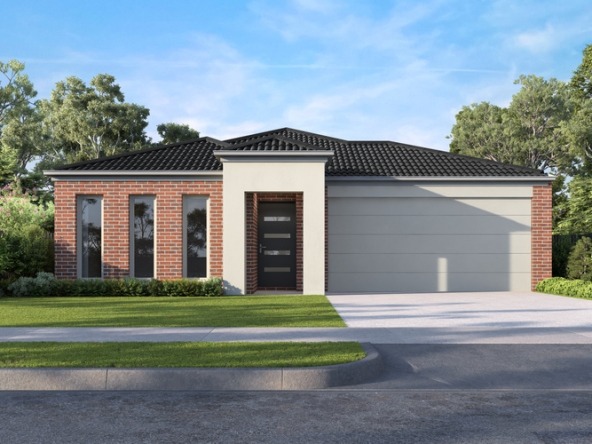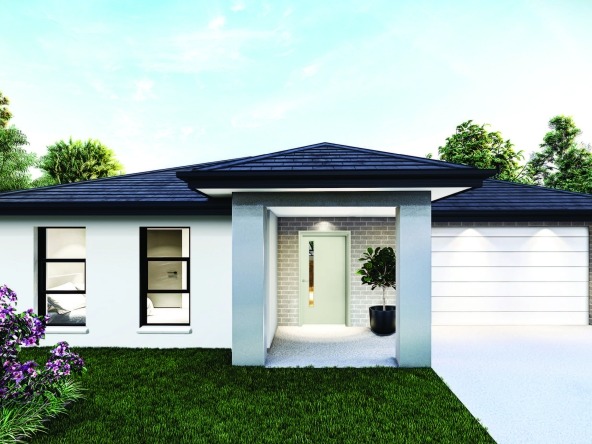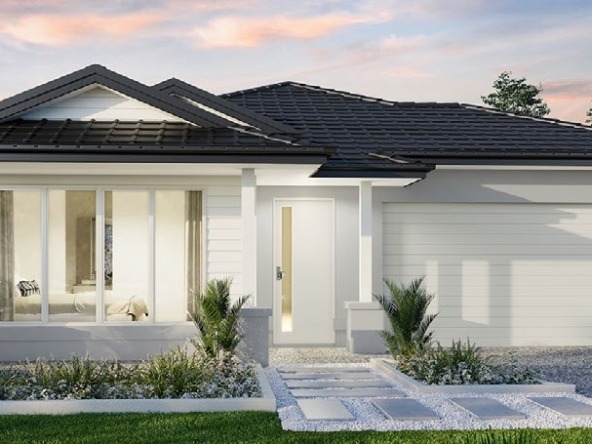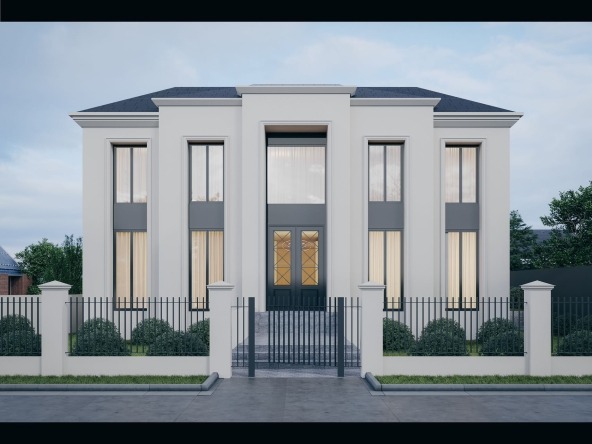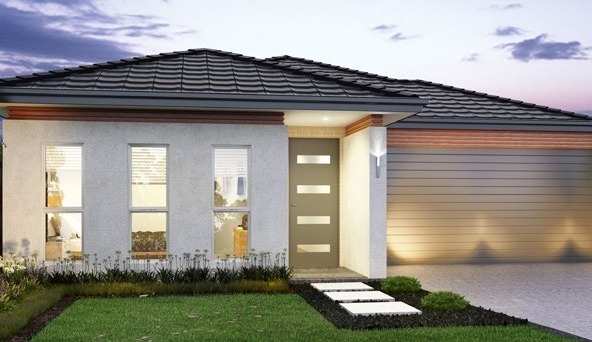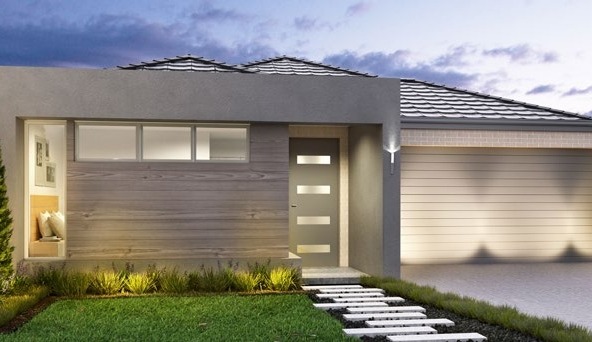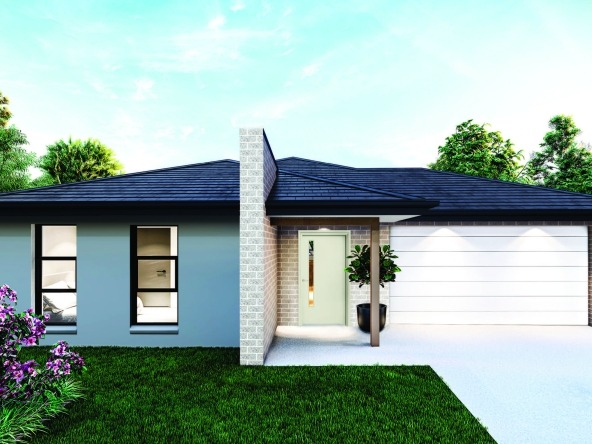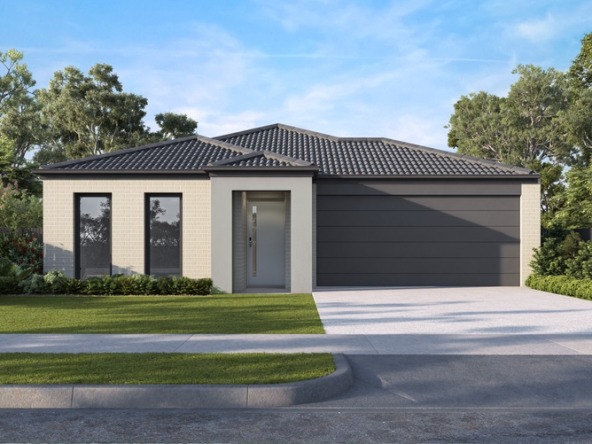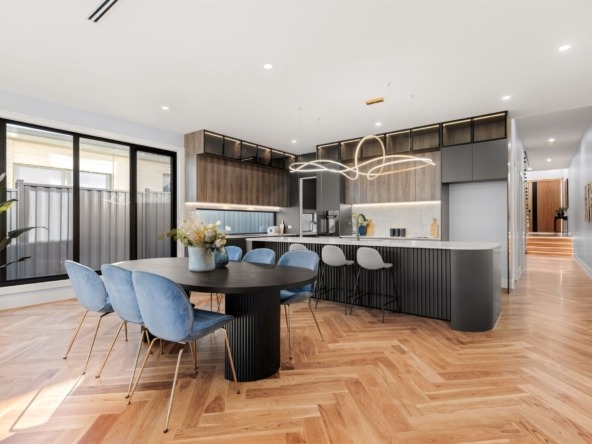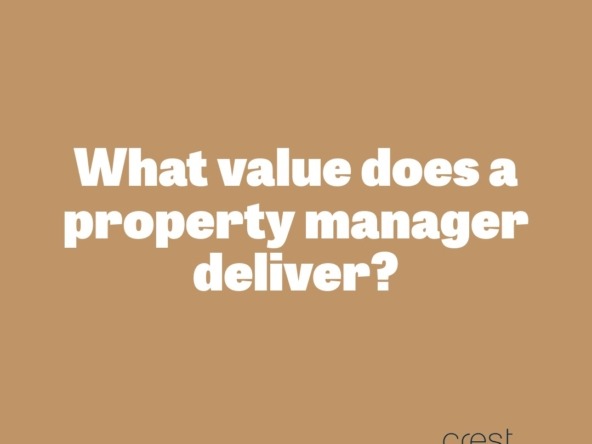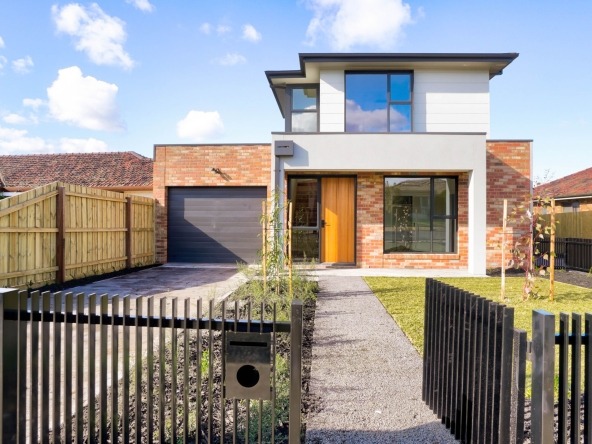We have all contemplated whether it is better buying or renting property. In many cases, this is an easy conclusion, but many factors can create differing views.
Traditionally, owning a home was seen as a priority. A sense of independence and financial well being. In recent decades, this philosophy has changed. Housing prices and the cost of living has made owning a home more challenging than ever before.
If you bought a property to occupy, can you afford the ongoing costs? Will it be located close to your work or family? Would you live in an apartment to remain close to the city? There are many questions that make buying or renting a property a little more confusing for some.
Should I be buying or renting property?
Here are three (3) things to consider when deciding if you should be buying or renting property:
What can you afford?
When considering buying, you need to learn what you can afford. Regardless what type or age the property could be, you should consult lending advice from a mortgage broker.
Understanding what you can afford will help narrow your search. Certain suburbs are more expensive than others. This may be due to the fact it’s closer to the city, surrounded by high quality amenities, near schools or in a high demand location.
If affordability remains an issue then renting may be a better option. This may be particularly better for people who need to be closer to work or family. Those areas may be cheaper to rent compared to buying.
Other important things to consider when buying or renting property is knowing if you can afford the ongoing expenses. When renting a property, costs will still include electricity, gas and water. However it will remove the cost of acquiring a home loan and paying the loan repayments. You would also exclude paying council and water rates. Some properties such as apartments and townhouses may also have owner corporation fees. This is payable by the landlord or owner of the property.
In addition, an owner of a property would need to cover the costs of property maintenance.
There are a number of cost considerations to think about when looking to buy or rent property.
Where do you want to live?
Location can dictate your property affordability. Some suburbs can be priced substantially differently. If you intend to live in an expensive suburb such as South Yarra, you may want to consider the type of property you want to buy. South Yarra has a blend of apartments, townhouses and stand-alone homes to choose from. If you are a first home buyer, you may see the benefits of living there.
You will learn that a suburb such as South Yarra can offer a one bedroom apartment for $450,000-$500,000 but a townhouse may fetch over $1,500,000.
If you know where you want to live, you need to be aware of your household budget and understanding your living needs. If you have a younger family, you may need a house instead of an apartment. This may dictate the area you want to live in.
Once you have figured things out, then you can consider if buying or renting property is best for you.
How long do you want to live there?
Buying a property costs more than just the price of the home. You may be liable to pay stamp duty, legal fees, mortgage registration and loan application fees to name a few.
Once you have a mortgage, you’re committing to a long term transaction. If you plan to occupy the property for a long period of time, perhaps buying the property will provide capital gains. In Australia you do not pay capital gains tax on a family residence.
However if your living arrangements are short term, perhaps renting the property offers more flexibly to quickly pack up and leave. Renting may also allow you to save more money if you have intentions to use your money elsewhere.
While interest rates remain at a historical low level, you may find a loan repayment less than paying rent. The larger your property deposit, the lower your loan repayments.
Comparing buying or renting property
Here are a list of advantages of buying a property:
- A property is an appreciable asset that will increase over the long run.
- The property can be given to your children or family when you pass away.
- You can occupy the home as you please. You can also make capital improvements or renovations to enhance your lifestyle and the property value over time.
- As you accumulate equity in the home, you can use it to improve your financial situation or livelihood.
- Once you eliminate the mortgage you are no longer needed to pay any more loan payments. Comparing this to rent that will always be required.
Here are a list of disadvantages of buying a property:
- The upfront costs are much higher compared renting.
- You have less flexibility to relocate quickly.
- As a property requires a lot of capital or money it can restrict you from using your funds elsewhere.
- You’re responsible for fixing and maintaining your home
- If you sold the property prematurely it may cause a capital loss.
Here are a list of advantages of renting a property:
- It’s easier to get an application approved to rent compared to being approved for a home loan to buy a property.
- There is a greater level flexibility to relocate.
- You have less responsibility for building maintenance and repairs.
- You don’t have to pay for renovations or capital improvements.
- It costs a lot less upfront to rent a property. Rental costs are lower if the mortgage balance is high.
Here are a list of disadvantages of renting a property:
- You don’t accumulate any equity over time as you don’t own the property.
- You are restricted in the way you occupy the home on the basis it isn’t your property.
- There is no control to complete changes or renovations.
- As the lease may only be 12 months at a time, you may be told to leave if the landlord wants to occupy it, sell it or lease it for a higher rent.
- Your rental payments never cease.
- Your rent is subject to change every time your lease is renewed. In general terms it may increase with indexation.
In summary – is it better to buy or rent property?
There is no right or wrong answer. There are many considerations to take into account. If you are financially capable, the financial benefits of buying may outweigh renting. If you want to leave it to someone after you pass away, this may mean buying is better. Another valued strategy is rentvesting. Please see our market insights for more information.
If you plan to live somewhere short term, or intend on traveling, renting may be a better option.
If you are unsure what is best for you, please don’t hesitate to contact us. We can help connect you to the right person. If you are wanting to buy a property, we can definitely help!
While we have taken care to ensure the information above is true and correct at the time of publication, changes in circumstances and legislation after the displayed date may impact the accuracy of this article. If you want to learn more please contact us. We welcome the opportunity to assist you.
September 2020

